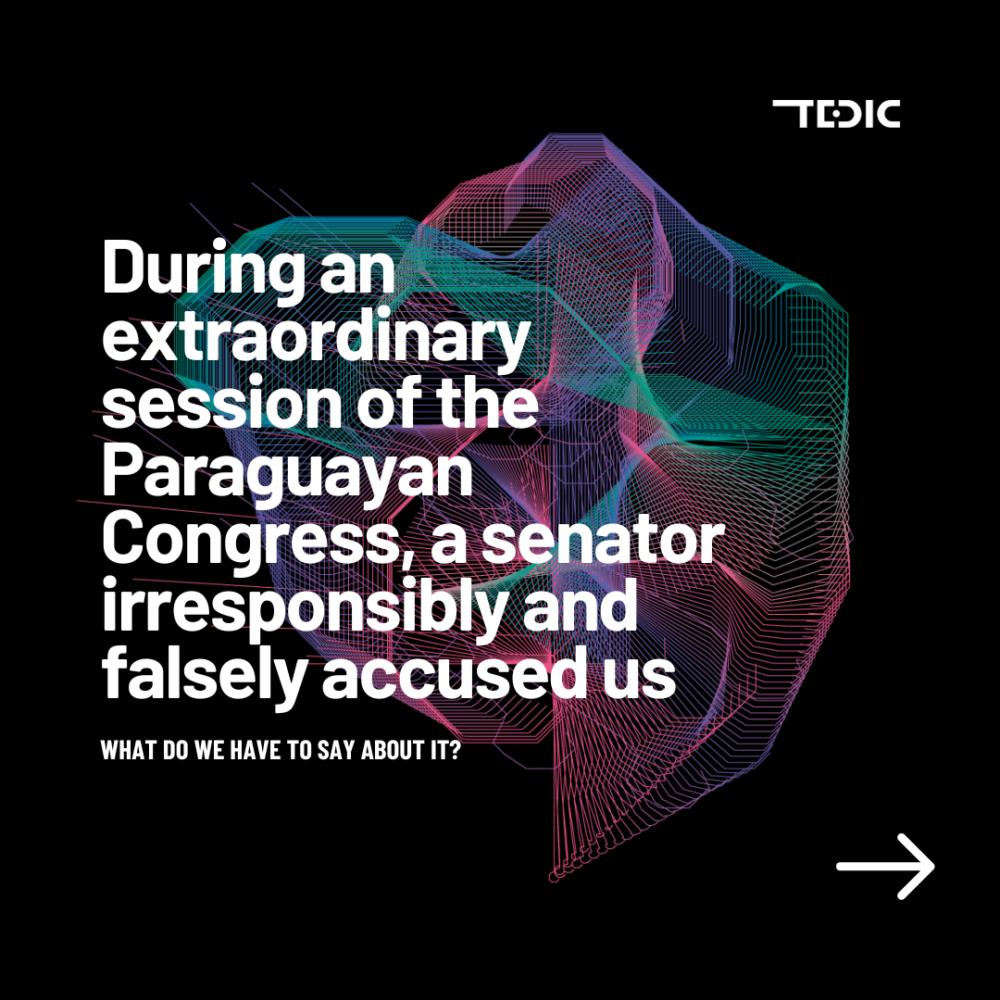
Context of the Law Project
The Paraguayan Senate, in an extraordinary session, has given preliminary approval to the legislative proposal “Establishing Control, Transparency, and Accountability of Non-Profit Organizations” (File PS-2300683), presented in November 2023. This bill aims to implement stricter control over civil society organizations, an approach that has generated significant controversy and poses risks to Paraguay’s constitutional principles.
From TEDIC, an organization dedicated to promoting and defending digital rights and freedom of expression in Paraguay and worldwide, we express our deep concern regarding the approval of this bill. We believe this legislation violates our right to freedom of association and endangers all civil society organizations in our country, particularly regarding their autonomy and the acquisition of necessary resources to carry out their human rights advocacy activities.
Additionally, we are extremely hurt and concerned by the irresponsible accusations made by Senator Lizzarella Valiente against our collaborator Leonardo Gómez Berniga and our organization. The senator has misrepresented and spread misinformation about our track record and the work we have done over the past 10 years at both national and global levels. In her speech, the senator took our activities and funding out of context, falsely claiming, “they will use it for partisan campaigns.”1
Since 2015, TEDIC has considered transparency fundamental to our democracy. Following the enactment of the public information access law in Paraguay, we have committed to joining this great wave from the organized civil society sector by making our external audit reports public as a form of active transparency. Although this law only mandates the public sector, our organization has adopted it as a demonstration of our commitment to transparency.
Key Concerns of the Legislative Proposal
One of the most concerning points of the legislative proposal is the obligation for organizations to report to the Ministry of Economy and Finance and both houses of Congress on the use and allocation of their funds in detail, regardless of the source (public or private, national or foreign), and on the people they employ under any modality. This violates the right to the protection of documentary heritage (Art. 36) and the right to privacy (Art. 33).
The lack of specificity regarding what information must be recorded and reported creates uncertainty and can lead to arbitrary interpretations by authorities. Non-profit organizations may be forced to disclose detailed information about their beneficiaries, raising serious privacy and security concerns, especially for those working in sensitive areas such as human rights. For example, this could include information from social media interactions to identifying people involved in private meetings.
The biannual reporting requirements impose a significant administrative burden, particularly on small non-profits that may lack the necessary resources to comply with these obligations. This burden can divert valuable resources that should be dedicated to the organizations’ primary missions. Excessive information requirements can hinder access to both national and international funding, negatively affecting the operational capacity of non-profits. This situation is particularly concerning in a context where many organizations rely on external funding to carry out their activities.
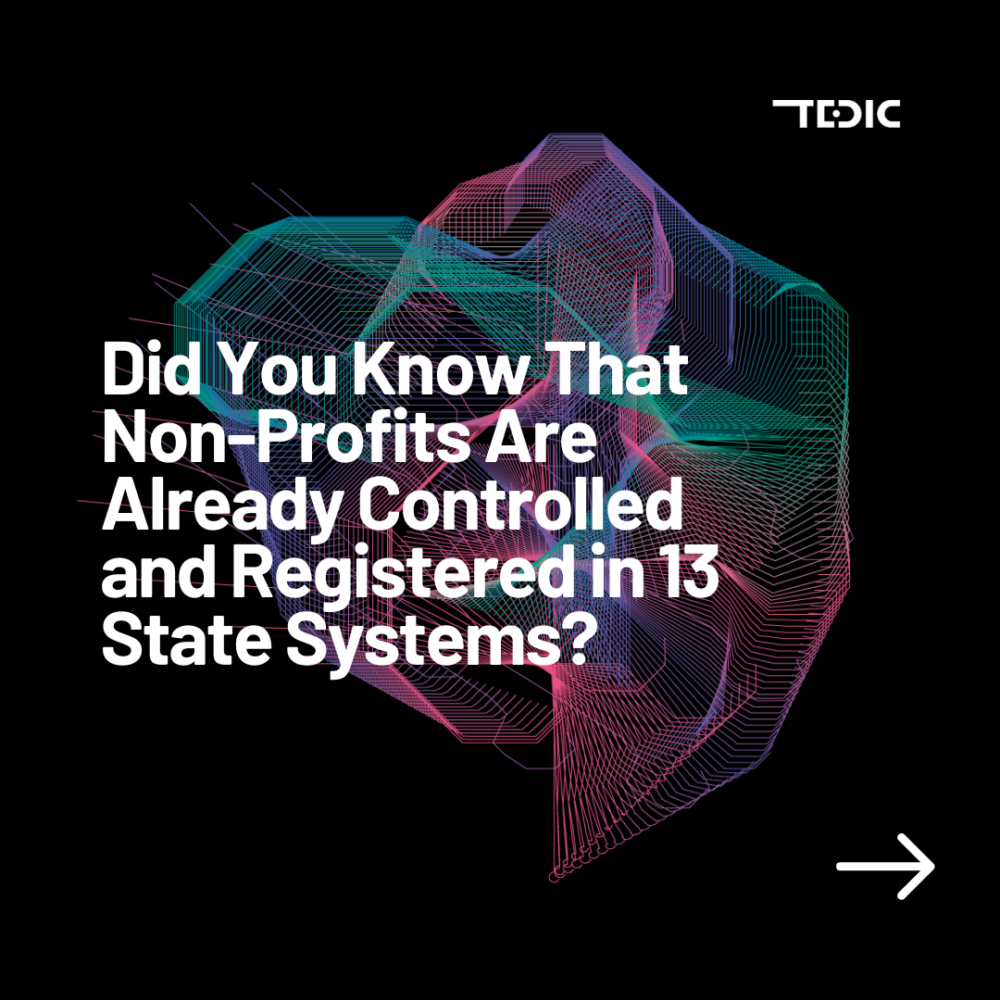
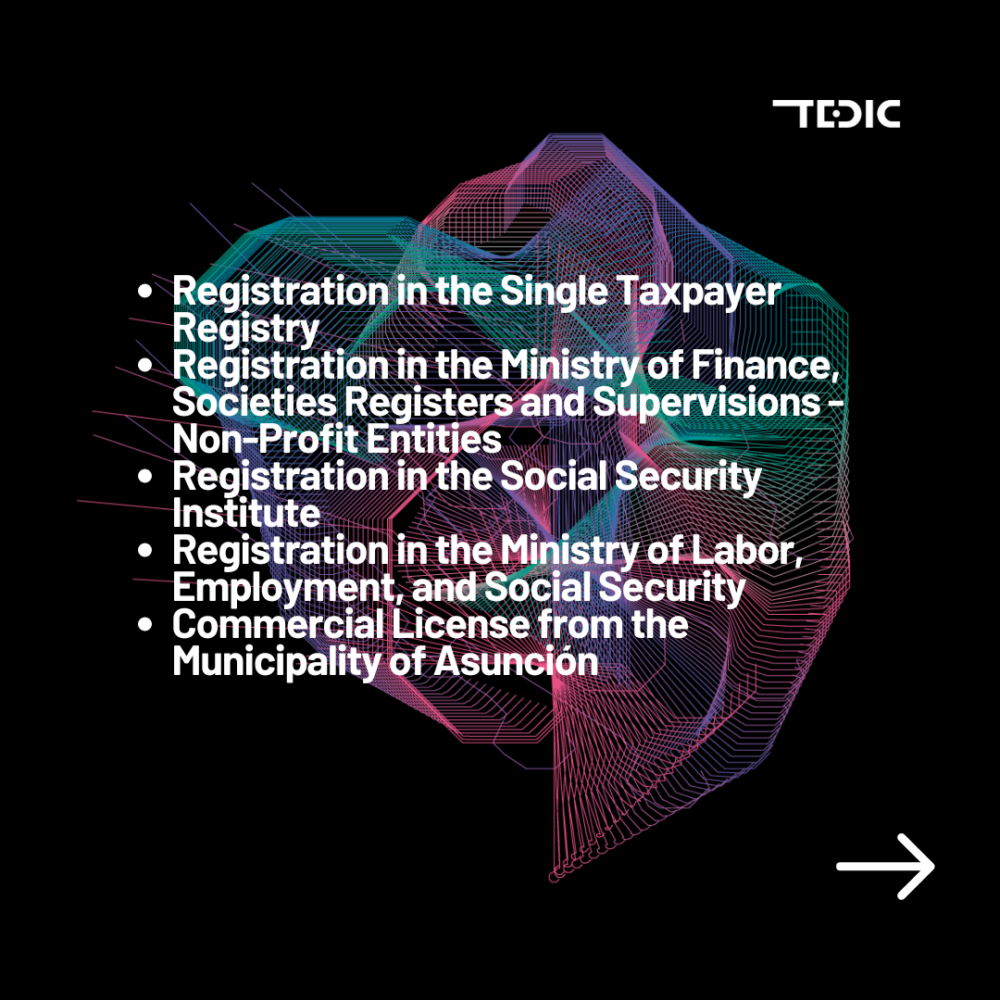
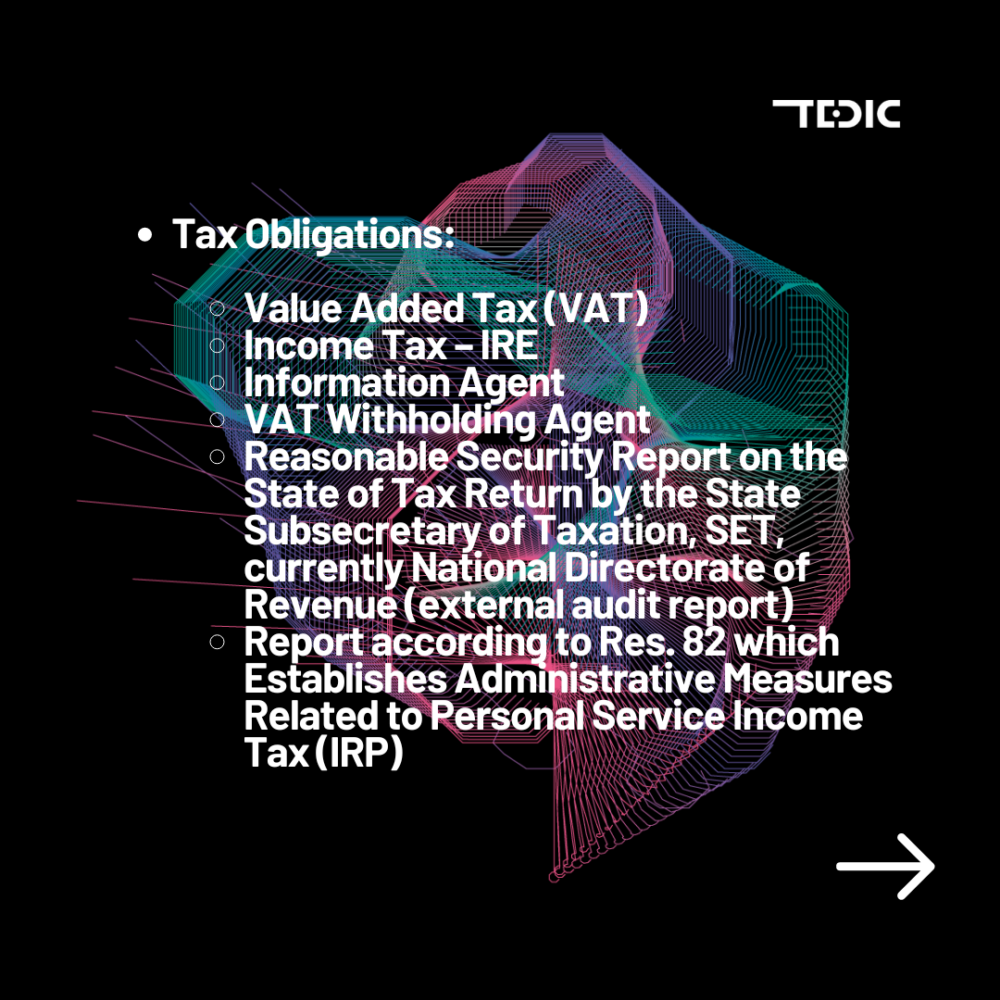
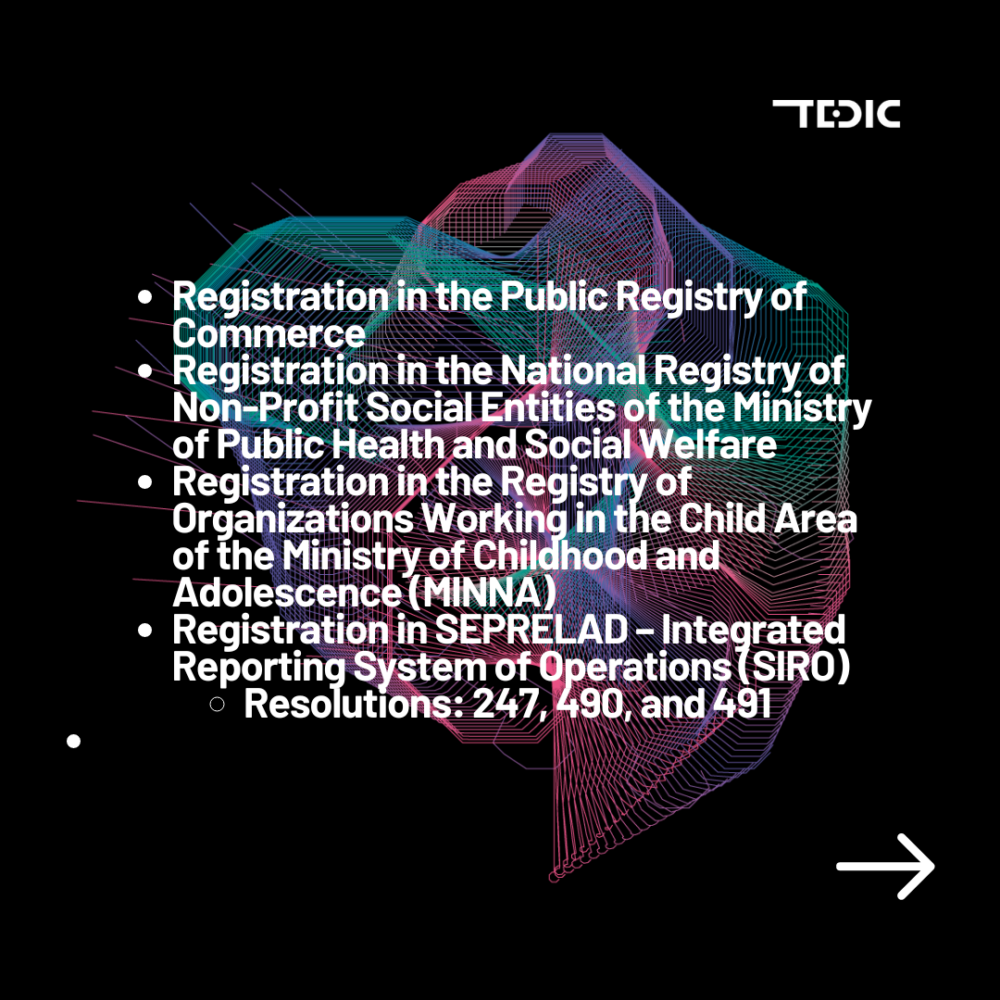
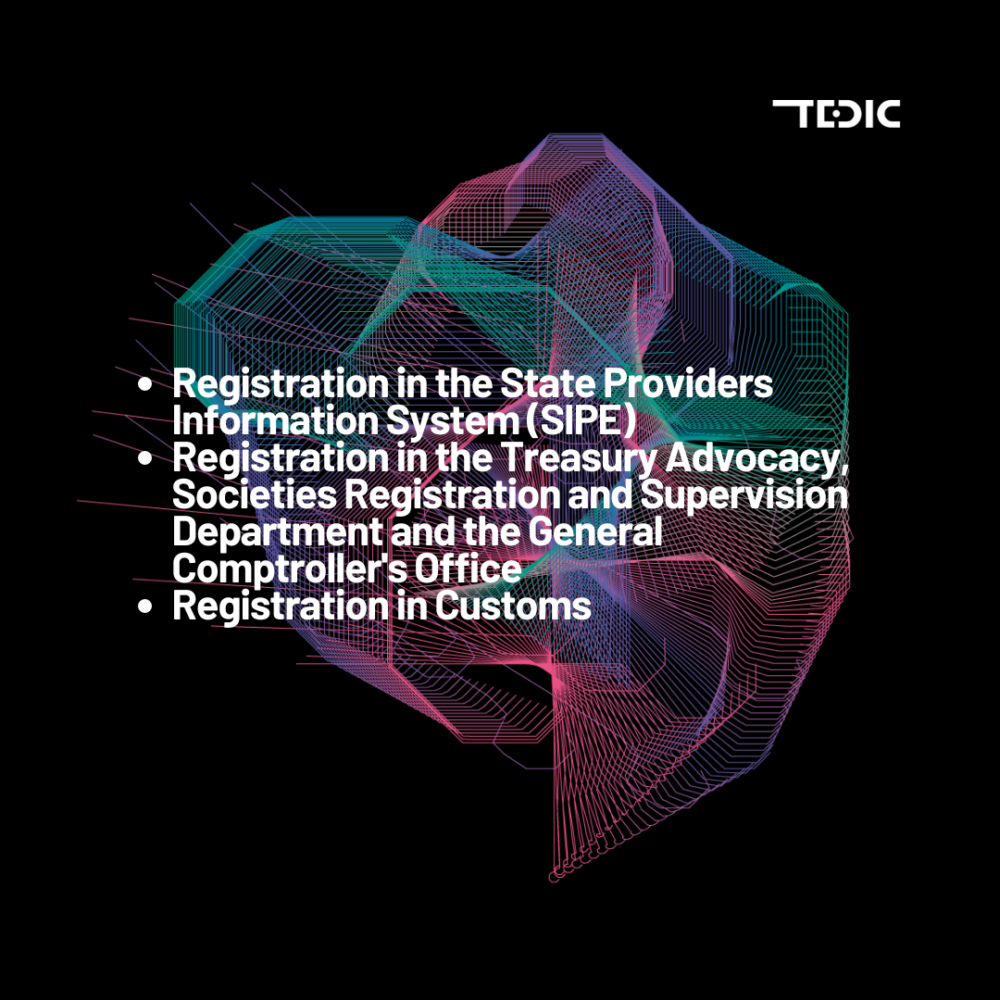
Compliance with Additional Requirements
Organizations will have to comply with any additional requirements established by regulation, under the risk of being sanctioned with suspension or cessation of activities and fines of up to U$D380,000 for the organization and U$D190,000 for its directors, violating the principle of legality (Art. 9) and the prohibition of excessive fines (Art. 44). The fines established in the bill range from one hundred to one thousand minimum wages for legal entities, and from twenty to five hundred minimum wages for individuals. These sanctions are not only excessive but also disproportionate, potentially leading to the dissolution of organizations that cannot pay these fines.
The bill does not clearly define what constitutes an infraction, giving officials broad discretion to interpret the law and apply arbitrary sanctions. This increases the risk of political persecution and retaliation against organizations working in areas considered sensitive by the government. Additionally, there are no provisions allowing non-profits to correct errors before facing sanctions, contrary to international standards that emphasize the need to give organizations the opportunity to rectify potential violations.
Vague and Onerous Administrative Requirements
The requirement to register with the Ministry of Economy and Finance also presents several issues. The bill does not specify the requirements or procedures for registration, leading to potential delays and arbitrary restrictions. This creates uncertainty for both non-profits and the officials responsible for implementing the law. Non-profits already have to register with multiple government agencies. Establishing a new registry in the Ministry of Economy and Finance without a clear purpose adds an unnecessary and redundant burden. The registration and reporting requirements can be particularly difficult for small organizations, which may lack the administrative and financial resources to adapt to the new demands.
Recommendations
To address the concerns raised and ensure that the bill respects the rights of association and operation of non-profits, our organization TEDIC recommends the following modifications:
- Clarity in Reporting Requirements: Specify precisely what information must be recorded and reported, ensuring that the requirements are proportionate and do not impose undue burdens on organizations.
- Limitation of Supervisory Authority: Restrict the authority of the Ministry of Economy and Finance to the oversight of public funds, ensuring transparency without invading the privacy and autonomy of organizations managing private funds.
- Proportionality in Sanctions: Reduce fines and other sanctions to be proportionate and reasonable. Include mechanisms that allow organizations to correct errors before being sanctioned.
- Protection of Confidential Information: Include provisions to ensure the privacy of confidential information of non-profits, especially for those working with vulnerable populations or in sensitive areas.
- Approval of Data Protection Law: The Congress needs to revive the debate on a comprehensive personal data protection law to effectively ensure the protection of information required from non-profits about their operations and beneficiaries.
- Simplification of Registration Procedures: Establish clear, simple, and non-discretionary procedures for non-profit registration, avoiding redundant requirements and unnecessary administrative burdens.
Conclusion
Members of Congress, we appeal to your common sense: Postpone the House vote on this bill and open a working instance with associations, foundations, and guilds. We are confident that a text can be agreed upon that contributes to the strengthening of democracy without jeopardizing the fundamental rights of organizations and individuals seeking to positively influence public policies in Paraguay. TEDIC is willing to collaborate in this process and contribute its experience and knowledge to develop balanced legislation that respects human rights.
We urge the National Congress to refrain from making irresponsible and unfounded accusations that not only damage the reputation of individuals and organizations committed to defending human rights but also divert attention from the real challenges facing our society. Instead, we request that you focus on fostering constructive and collaborative dialogue with all stakeholders. Only through joint efforts and mutual respect can we develop legislation that truly contributes to the strengthening of democracy and respect for fundamental rights in Paraguay. TEDIC is willing to collaborate in this process and contribute its experience and knowledge to achieve balanced and fair legislation.
1Implying that the international cooperation resources received by TEDIC would be used for such purposes.


 [Research] Technology-facilitated gender-based violence against women politicians in Paraguay
[Research] Technology-facilitated gender-based violence against women politicians in Paraguay 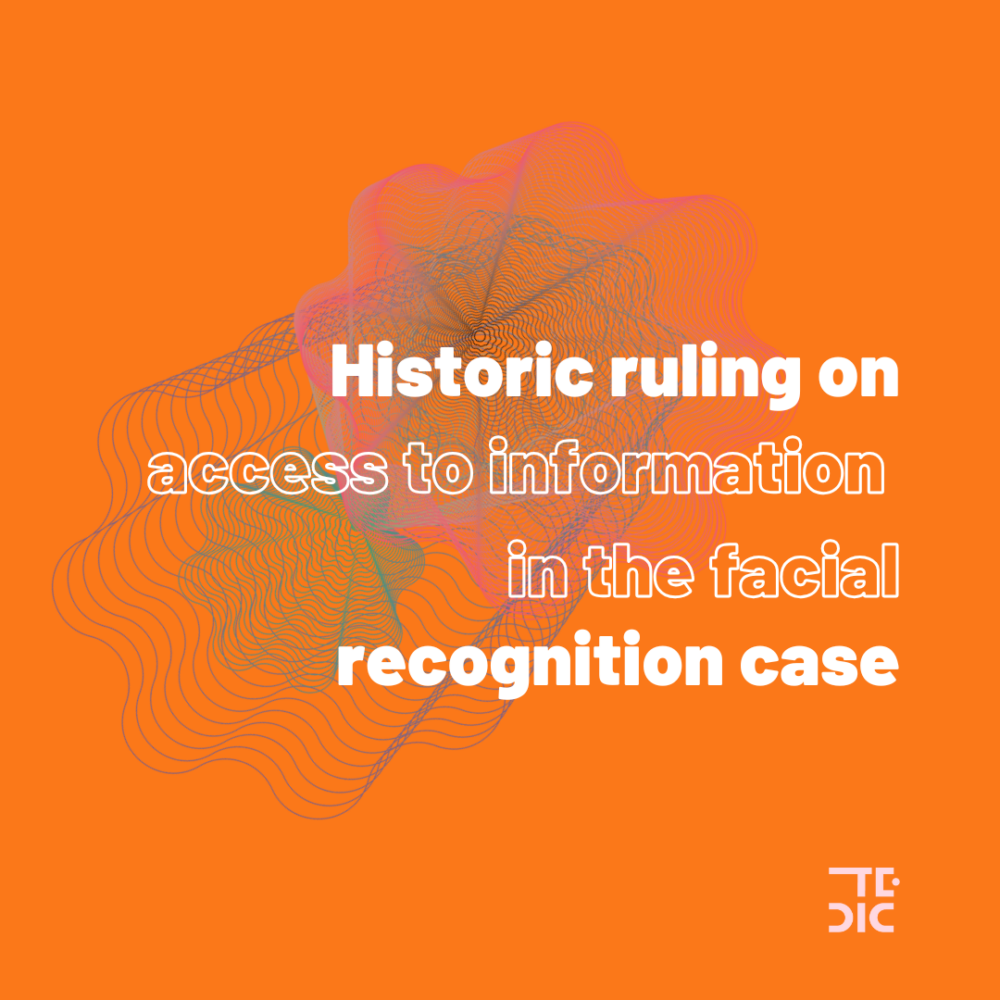 Landmark court ruling in Paraguay on access to information in facial recognition case
Landmark court ruling in Paraguay on access to information in facial recognition case